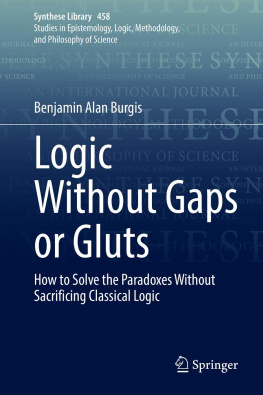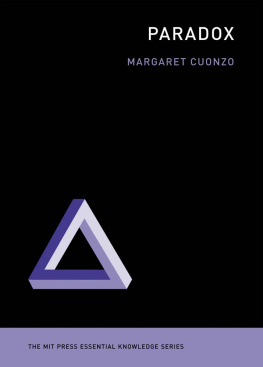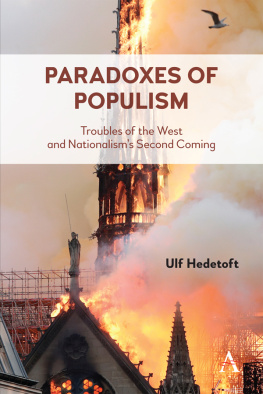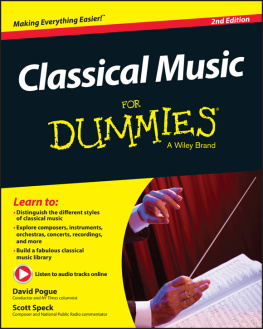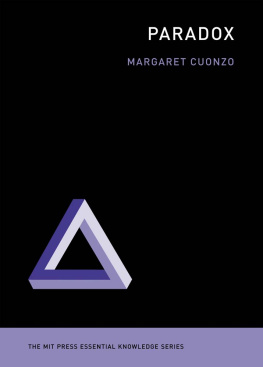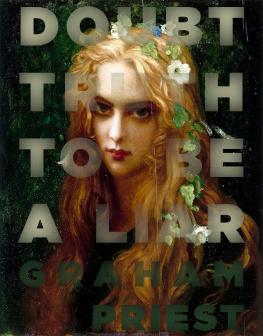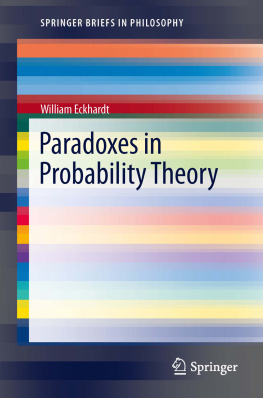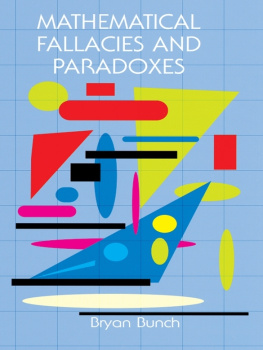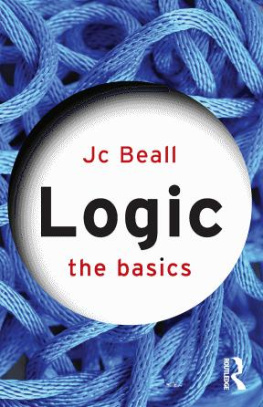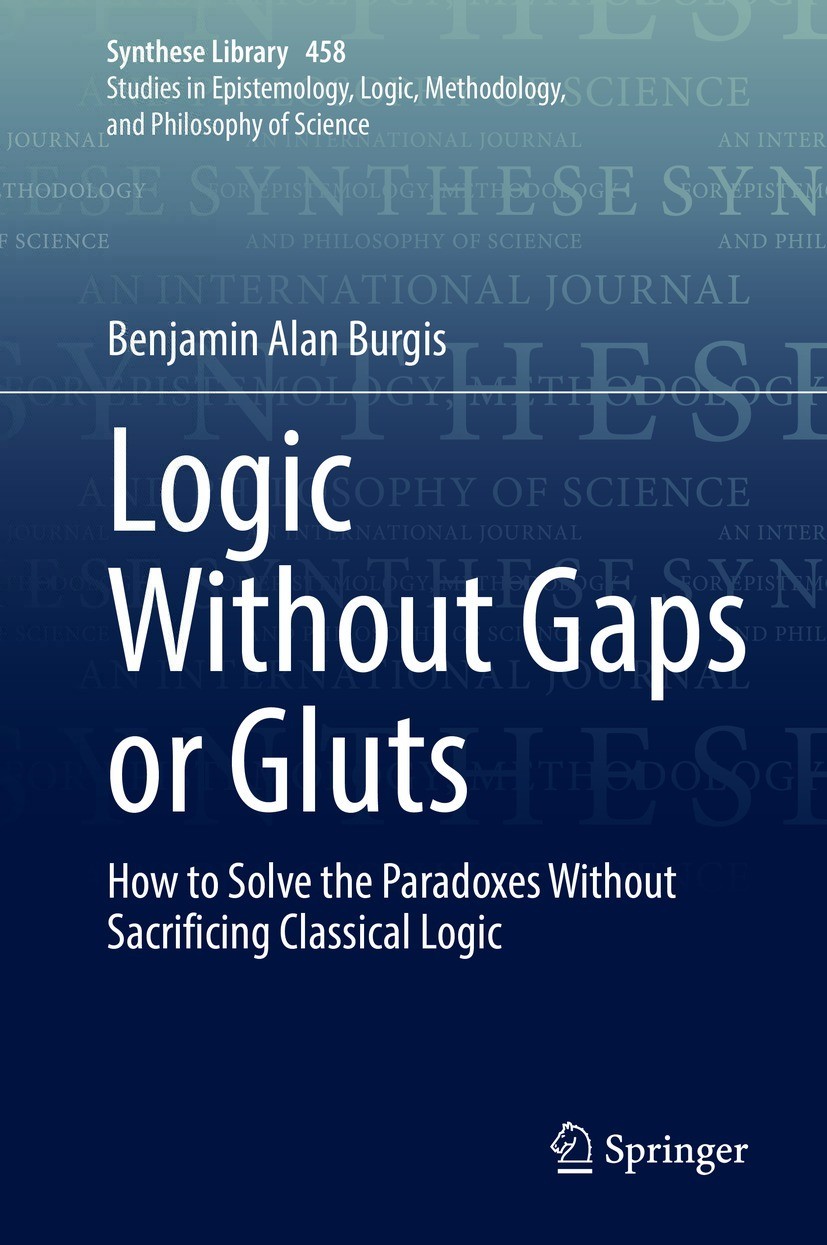Benjamin Alan Burgis - Logic Without Gaps or Gluts: How to Solve the Paradoxes Without Sacrificing Classical Logic (Synthese Library, 458)
Here you can read online Benjamin Alan Burgis - Logic Without Gaps or Gluts: How to Solve the Paradoxes Without Sacrificing Classical Logic (Synthese Library, 458) full text of the book (entire story) in english for free. Download pdf and epub, get meaning, cover and reviews about this ebook. year: 2022, publisher: Springer, genre: Romance novel. Description of the work, (preface) as well as reviews are available. Best literature library LitArk.com created for fans of good reading and offers a wide selection of genres:
Romance novel
Science fiction
Adventure
Detective
Science
History
Home and family
Prose
Art
Politics
Computer
Non-fiction
Religion
Business
Children
Humor
Choose a favorite category and find really read worthwhile books. Enjoy immersion in the world of imagination, feel the emotions of the characters or learn something new for yourself, make an fascinating discovery.
- Book:Logic Without Gaps or Gluts: How to Solve the Paradoxes Without Sacrificing Classical Logic (Synthese Library, 458)
- Author:
- Publisher:Springer
- Genre:
- Year:2022
- Rating:5 / 5
- Favourites:Add to favourites
- Your mark:
Logic Without Gaps or Gluts: How to Solve the Paradoxes Without Sacrificing Classical Logic (Synthese Library, 458): summary, description and annotation
We offer to read an annotation, description, summary or preface (depends on what the author of the book "Logic Without Gaps or Gluts: How to Solve the Paradoxes Without Sacrificing Classical Logic (Synthese Library, 458)" wrote himself). If you haven't found the necessary information about the book — write in the comments, we will try to find it.
This book offers a defense against non-classical approaches to the paradoxes. The author argues that, despite appearances, the paradoxes give no reason at all to reject classical logic. In fact, he believes classical solutions fare better than non-classical ones with respect to key tests like Currys Paradox, a Liar-like paradox that dialetheists are forced to solve in a way totally disjoint from their solution to the Liar.
Graham Priests In Contradiction was the first major work that advocated the use of non-classical approaches. Since then, these views have moved into the philosophical mainstream. Much of this movement is fueled by a widespread sense that these logically heterodox solutions get to the real nub of the issue. They lack the ad hoc feel of many other solutions to the paradoxes. The author believes that its long past time for a response to these attacks against classical orthodoxy. He presents a non-logically-revisionary solution to the paradoxes.
This title offers a literal way of cashing out the disquotation metaphor. While the details of the view are novel, the idea has a pre-history in the relevant literature. The author examines objections in detail. He rejects each in turn and concludes by comparing the virtues of his logically orthodox approach with those of the paraconsistent and paracomplete competition.
Benjamin Alan Burgis: author's other books
Who wrote Logic Without Gaps or Gluts: How to Solve the Paradoxes Without Sacrificing Classical Logic (Synthese Library, 458)? Find out the surname, the name of the author of the book and a list of all author's works by series.

